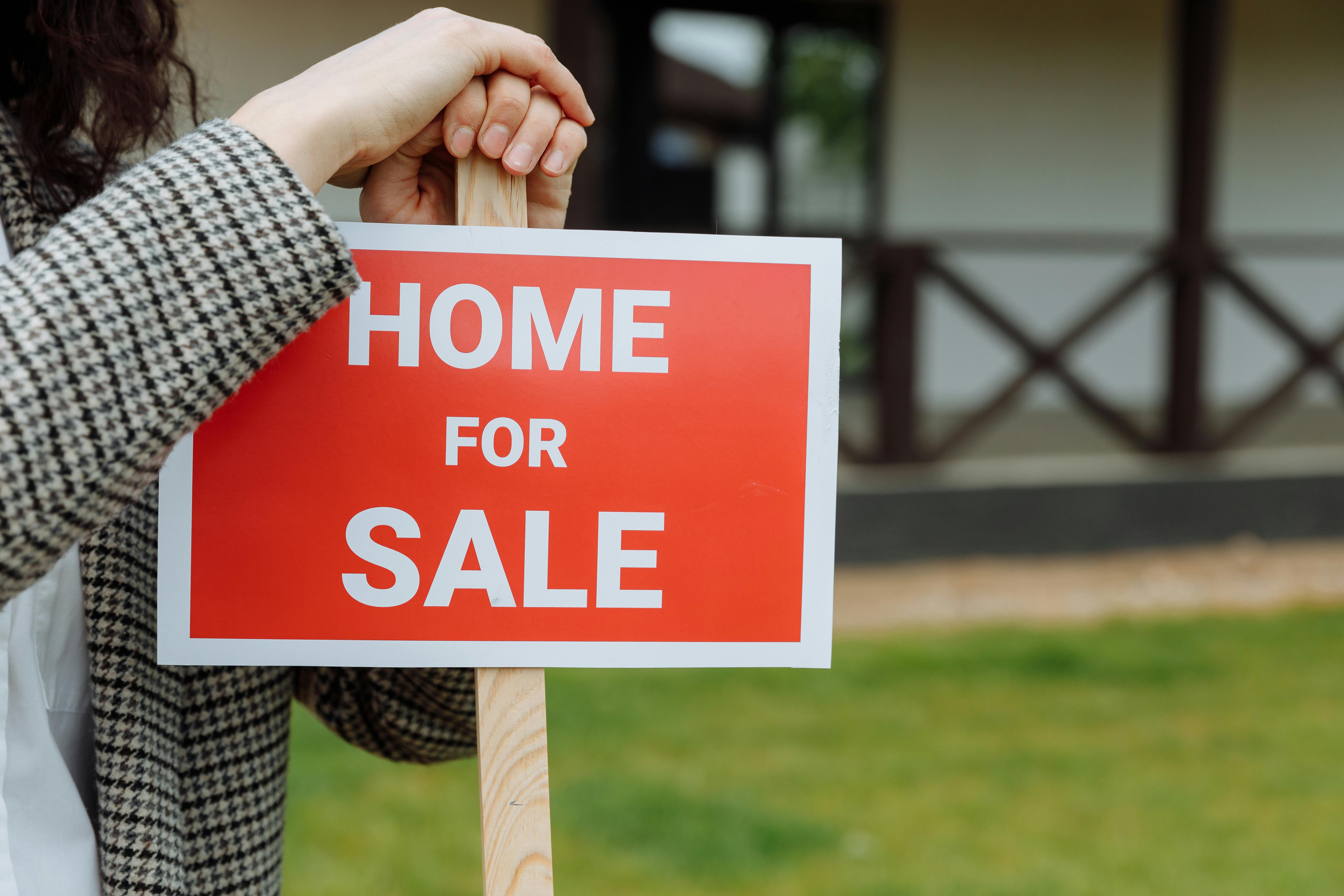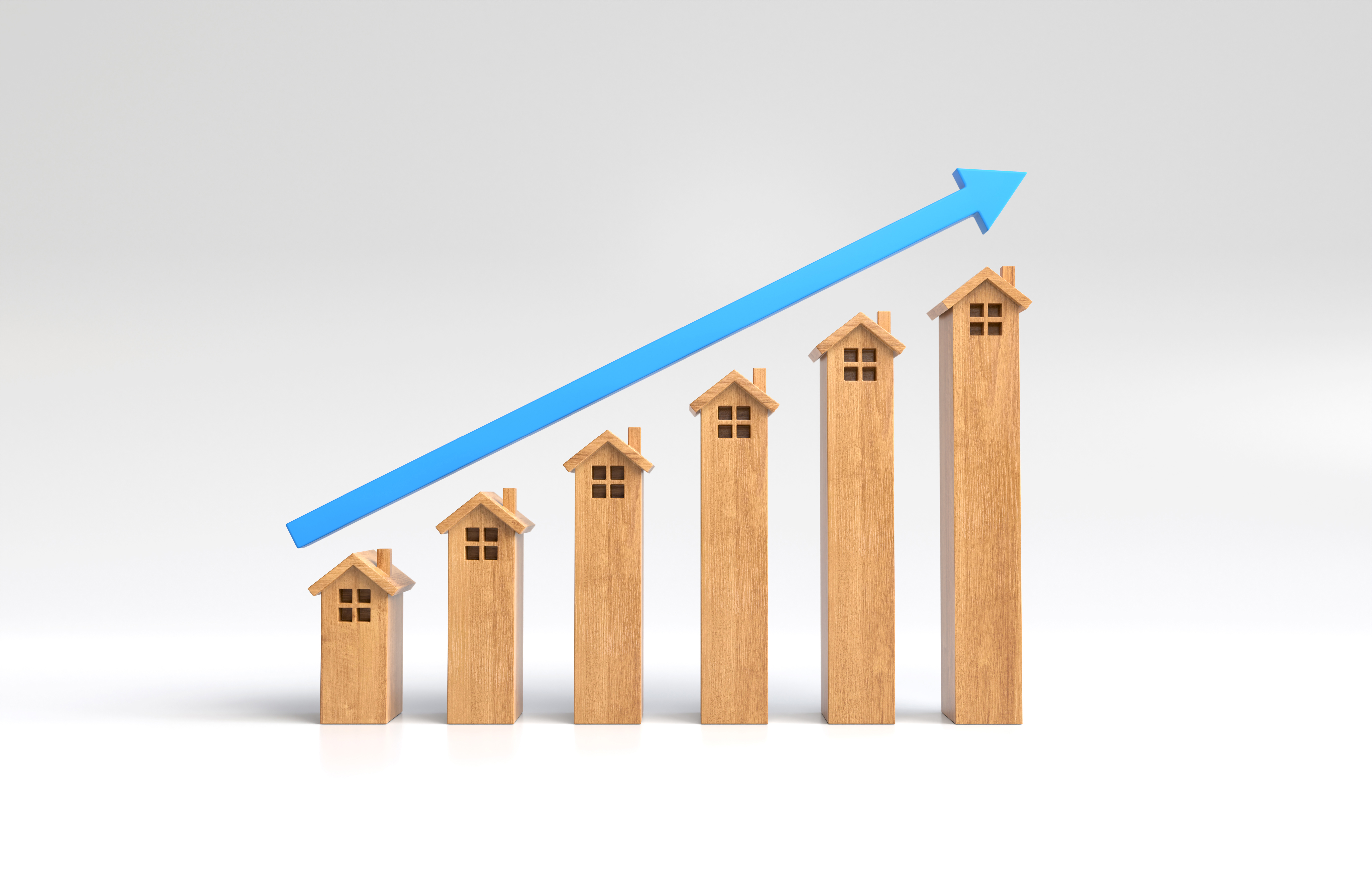Landlord Blog
Education and news for smart DIY landlords!
Is 2026 the Right Time to Sell Your Home?

Deciding when to sell your home is rarely simple. With shifting interest rates, evolving buyer preferences, and a constantly changing real estate market, timing can make a major difference in how much you profit—or how long your home sits on the market. As 2026 approaches, many homeowners are wondering: will it be the right year to sell? The answer depends on several key factors—market trends, personal goals, and overall economic conditions.
1. Interest Rates and Buyer Demand
One of the biggest drivers of the housing market is mortgage interest rates. Over the past few years, rates have fluctuated dramatically, cooling what was once a red-hot seller’s market. If inflation continues to ease by 2026 and the Federal Reserve gradually lowers rates, more buyers could return to the market, boosting competition and home prices.
However, if rates remain higher than average, buyers may be more cautious—especially first-time homeowners already stretched by rising costs of living. In that case, sellers may need to be more strategic with pricing and incentives, such as offering to help cover closing costs or including home warranties to sweeten the deal.
Read more: The Impact of Interest Rates on Your Home-Buying Decision
2. Home Values and Inventory Levels
Housing inventory plays a huge role in determining whether it’s a seller’s or buyer’s market. During the early 2020s, inventory was tight, giving sellers the upper hand. But as more new construction catches up and homeowners who’ve been holding off decide to list, inventory could rise by 2026.
If supply outpaces demand, you might face stiffer competition—especially if buyers have more choices in your area. That said, in regions with strong job growth and limited land availability, home prices are likely to stay resilient. Checking local data and speaking with a real estate professional who understands neighborhood-level trends will give you a clearer picture.
Read more: 5 Ways to Boost Your Home Value
3. Personal and Financial Readiness
Market conditions aside, the right time to sell also depends on you. Are you planning to relocate, downsize, or cash out equity for another investment? These personal motivations matter just as much as broader market forecasts.
Financially, 2026 could be ideal for sellers who have built up significant equity from years of appreciation. Selling during a stable or growing market could free up funds for a move, retirement, or business venture. But if you’re still early in your mortgage or facing high transaction costs, it might make sense to wait until you’ve built more value.
4. Preparing for a Competitive Market

If you decide to sell in 2026, preparation will be key. Buyers are becoming more selective, and homes that show well—both online and in person—stand out. Investing in smart upgrades like energy-efficient fixtures, fresh paint, and curb appeal can go a long way.
Also, don’t underestimate digital marketing. High-quality photos, virtual tours, and well-crafted listings can significantly boost visibility, especially among younger buyers who start their search online.
Conclusion
While no one can predict the market perfectly, 2026 is shaping up to be a potentially favorable time for sellers—especially if rates ease and the economy stays stable. But the best move depends on your timing, financial goals, and local market conditions. Before listing, talk with a trusted agent, evaluate your equity, and run the numbers. The “right time” to sell isn’t just about the market—it’s about what’s right for you.
